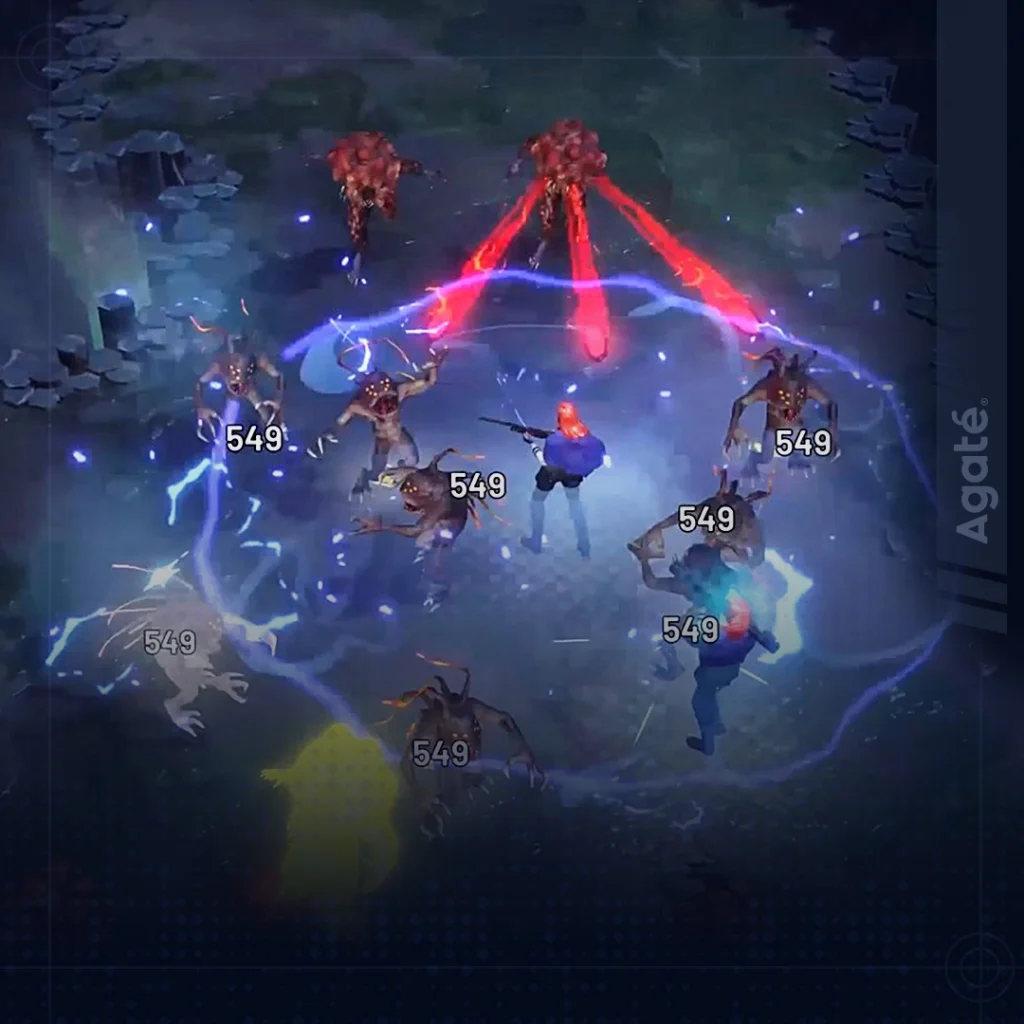Roguelite Games: A Blend of Challenge and Innovation

The roguelite genre has carved out a special place in the vast world of video games. With their blend of challenging gameplay, procedural generation, and permanent character death, roguelite games offer players a unique and thrilling experience. In this article, we’ll explore the key differences between roguelike and roguelite games, delve into the unique features […]

